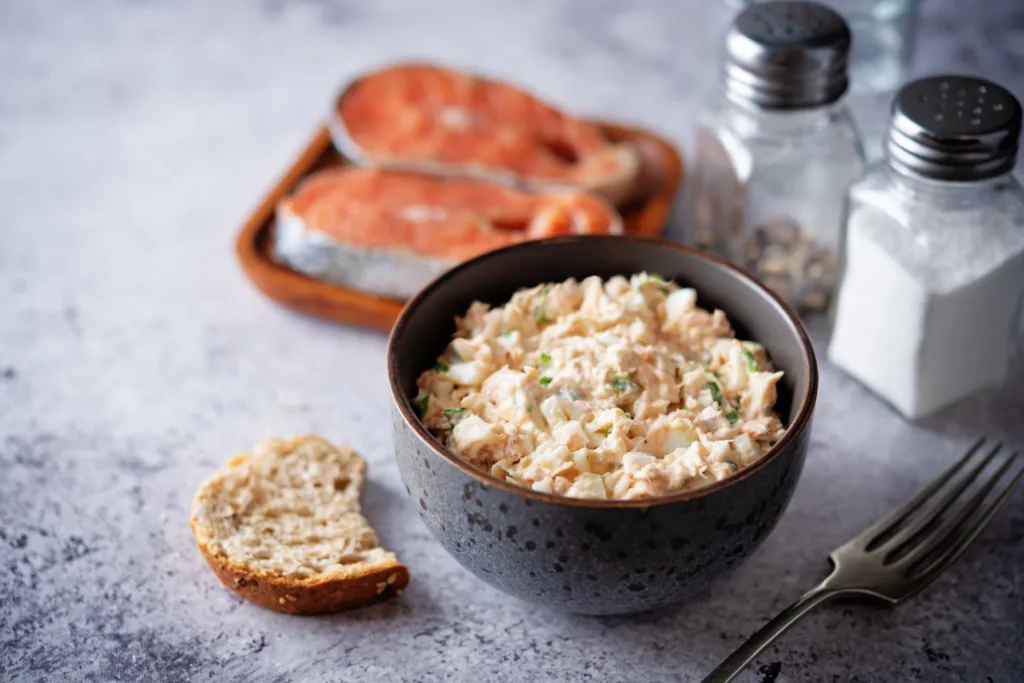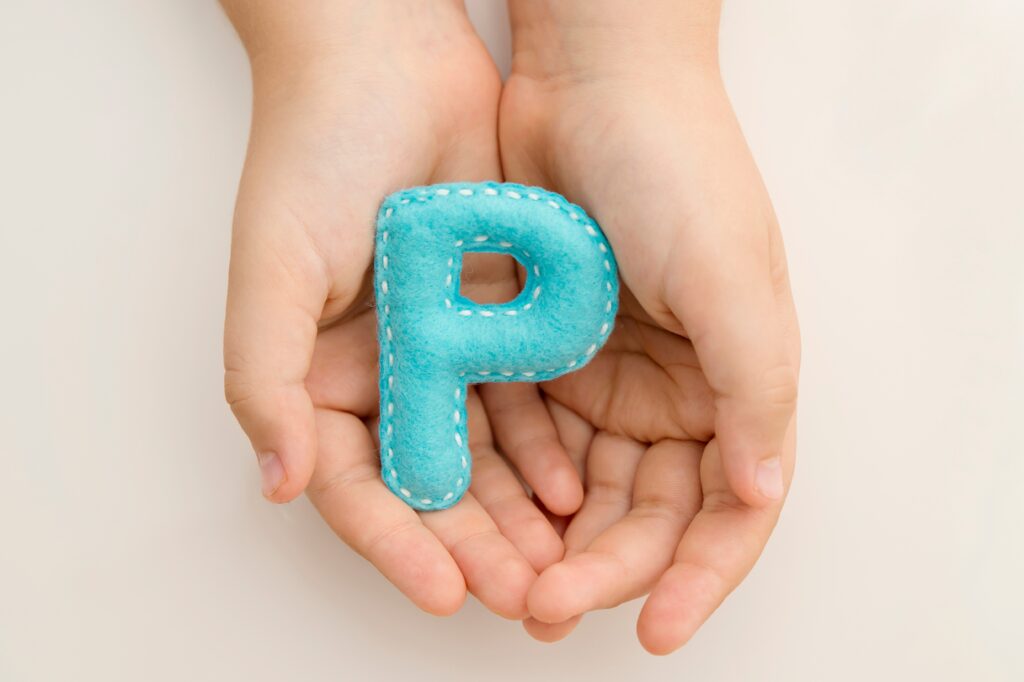Table of Contents
TRANSCRIPT
Did you know that some foods we eat daily can silently harm our kidneys? In this video, we will mention 6 common foods that could slowly damage our kidneys over time; trust me, some of them will shock you. We will also share tips for eating these foods carefully to protect our kidneys.
Our kidneys play a super crucial role as a toxin filter and are essential for survival. Since healthy kidneys filter about half a cup of blood every minute, without proper kidney function, waste products and toxins can build up in our bodies (1).
Now, this is something you may not know: Kidney damage is mostly irreversible, especially chronic ones! Let me repeat that: You can’t fix kidney damage in most cases. What’s even more concerning is that if left untreated, this damage can progress to kidney failure. That means you might need dialysis or even a kidney transplant to stay alive (2).
Shockingly, about 1 in 3 people with seriously weakened kidney function, yet not on dialysis, are unaware that they have kidney disease due to vague symptoms (3).
6. Spinach
Spinach has long been marketed as a super-healthy food, but the truth is that it’s high in oxalate, a known kidney killer.
100 grams of spinach can contain up to 1260 mg of oxalate, which is higher than what you’d get from many other leafy greens. If your body takes too much oxalate in a short period of time—even one meal—you could die from this compound. There has been an instance where someone ate sorrel soup, which is packed with oxalate, and a few hours later, their kidneys shut down, and they passed away (4).
Even with a moderate daily intake, you can accumulate oxalates in your body, causing kidney stones, bladder stones, kidney nephropathy, joint issues, and affecting every organ, including the brain. They are also linked to conditions like interstitial cystitis (IC), also known as painful bladder syndrome. Cassava root, chard, and rhubarb are also notable for their high oxalate content, so it’s best to avoid them (5, 6).
Another concern with spinach is that it is rich in potassium. Normally, healthy kidneys balance potassium levels in the blood. But for people with chronic kidney disease (CKD), it’s important to control potassium intake. The National Kidney Foundation suggests limiting it to 2,000mg daily for CKD patients (7). However, just 100 grams of uncooked spinach can have as much as 558 milligrams of potassium (8).
Be mindful that potassium or oxalate content remains unchanged when boiling spinach (9, 10). So, if you have kidney disease, eating spinach in moderation is wise. You can enjoy spinach along with other veggies like kale, carrots, zucchini, lettuce, cabbage, broccoli, and cauliflower, which are lower in oxalate and potassium (10, 11).
5. Potatoes and sweet potatoes
Sweet potatoes are rich in essential vitamins, minerals, and amino acids, making them a superfood. But watch out for their high potassium content, which is bad for people with kidney disease.
According to the United States Department of Agriculture (USDA), a regular baked potato has around 610 mg of potassium, while a sweet potato of about 5 inches in length can have 438 mg (12, 13). However, unlike spinach, soaking potatoes in water before cooking can help reduce their potassium levels. So, it’s wise to be moderate and soak your potatoes and sweet potatoes before cooking for the sake of your kidneys.
Moreover, popular snacks from potatoes, such as French fries or chips, are high in sodium or salt, putting more strain on your kidneys. Snacking on them can easily push you over your daily sodium limit. Plus, potato chips usually offer little or no nutritional value as they are highly processed, so avoiding them all is best.
4. Rice
Rice is the dependable sidekick to countless meals worldwide, but guess what? That innocent plate of rice might carry a toxic surprise! Simply put, rice is high in arsenic, the heavy metal that directly damages your kidneys (14).
Arsenic poisoning can lead to problems like acute renal failure and chronic renal insufficiency (15). In raw rice, the more harmful form of arsenic, called inorganic arsenic, is about 0.1–0.4 mg/kg. For other grains like wheat and barley, the inorganic arsenic is often undetectable, and their total arsenic content is only 0.03 to 0.08 mg/kg (16).
Rice also tends to absorb more cadmium and other heavy metals than other crops (14). Does it mean that you should avoid all rice? Not necessarily. You can still enjoy it in moderation because a healthy diet is about balance. It’s fine to have rice occasionally, but it’s best not to have it too often, especially for infants and children. They can get up to three times more arsenic from rice than adults. So, even low levels of exposure could affect children’s brain development, intelligence, and memory (17).
Now, if you’re considering alternatives to brown rice, try these low-arsenic options: quinoa, barley, couscous, buckwheat, millet, farro, and sorghum.
3. Butter
Butter is a dairy product made from milk or cream’s fat and protein components. Thus, this creamy treat is composed of saturated fat and cholesterol. These compounds are linked to high blood pressure and plaque formation, which can strain your kidney’s blood vessels and impair kidney function over time.
If it was not harmful enough, we have salted butter, too! 100 grams of salted butter contains about 643 milligrams of salt (18). And that is a lot. A high-sodium diet will increase blood pressure, which may result in kidney damage in the long run.
Moreover, store-bought butter is often heavily processed to improve flavor and extend shelf life. This process removes vital nutrients like calcium from butter, resulting in minimal nutritional benefits. So, consider opting for organic, unsalted butter to support your kidney health, and remember, moderation is key!
2. Soda
Consuming sugar in liquid form is way more harmful than in solid form. And soda is nothing but sugar! When your blood sugar is too high, your kidneys start to spill sugar into the urine. If your kidneys are healthy, this usually isn’t a problem, but if you have diabetes, too much sugar can cause kidney damage (19).
Simply put, kidneys have tiny filters called nephrons. High blood sugar from diabetes can damage these filters and blood vessels, making the kidneys struggle (20).
People often go for diet soda, thinking it contains a lesser amount of sugar. But what they do not know is that drinking diet soda every day is linked to a 67% higher risk of developing type 2 diabetes (21). Diet soda still contains additives and artificial sweeteners that actually damage your kidneys.
More concerning, sodas often contain high phosphorus additives for flavor and a longer shelf life. Too much phosphorus can seriously harm your kidneys, and compared to natural sources, phosphorus from sodas is absorbed to a greater extent.
The National Kidney Foundation suggests sticking to 700mg of phosphorus per day for normal kidney function (6). Now, to protect your kidneys, it’s best to cut back on soda intake.
1. Dried fruits
Dried fruits are tasty and seemingly nutrient-dense since they remove water content. However, they’re also rich in potassium, sugar, and calories, which might be bad for your kidneys. According to the USDA, one cup of pitted uncooked prunes contains 1270 mg of potassium, which is enough to meet half the requirement of a day (11).
Moreover, some dried fruits also contain added additives, salt and sugar to enhance flavor. These components will add more stress to your kidneys when they filter the blood. If you consume dried fruits daily, you may overwork your kidneys.
It’s also easy to overeat dried fruits since they’re small and convenient for snacking, which can lead to consuming more calories than you think. Plus, the dehydration process removes much of the water from the fruit, so you may not feel as full as you would with fresh fruit. So, it’s best to stick with fresh fruits as a snack if you want to protect your kidneys.
Summary
They are spinach, potatoes, rice, butter, soda, and dried fruits. More foods that aren’t good for your kidneys include canned or frozen items, GMOs, tomato sauce, and concentrated juice. They are full of salt and added sugar. By avoiding them or practicing moderation, you will take the first step toward a kidney-friendly lifestyle!
- Avoid These 8 Foods That Can Cause CANCER
- Do Kidney Stones Cause Back Pain? Signs To Tell
- Effects of Sugar on The Body: Too Much Sugar Symptoms and Diabetes

















Comments
0